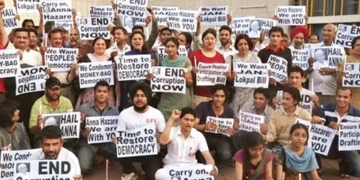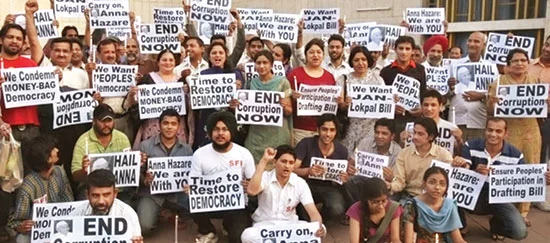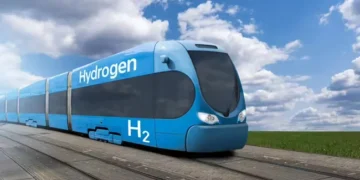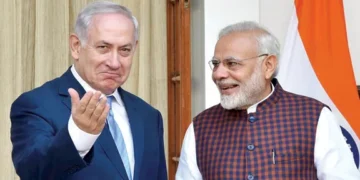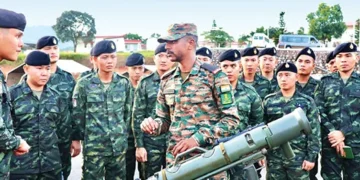Blitz Bureau
NEW DELHI: THE country’s premier watchdog, the Central Vigilance Commission (CVC), has sounded an alarm over the integrity of the country’s top investigative agency. In its Annual Report 2024, the CVC revealed that 60 departmental cases against Central Bureau of Investigation (CBI) officers remain unresolved, some dragging on for over four years. For an organisation mandated to root out corruption, such internal delays, the Commission warned, “reflect adversely on the reputation and image” of the CBI itself.
The pendency problem
Of the 60 pending cases, 39 involve senior Group ‘A’ officers and the rest concern officials from Groups ‘B’ and ‘C’. The numbers are troubling because they highlight not just individual lapses but systemic inertia. Competent authorities are legally bound to decide departmental cases within three months, extendable by one month in complex matters. Yet, in practice, many cases linger far beyond these limits, undermining the very credibility of the anticorruption drive.
The Commission’s report also sheds light on a bigger roadblock: the granting of prosecution sanctions. By December 2024, the CBI had 200 cases pending sanction for prosecution, covering 534 individual requests across 46 organisations. Alarmingly, 106 of these were stuck beyond the three-month statutory timeline laid down by the Supreme Court in the Subramanian Swamy v. Manmohan Singh ruling. Without sanction, trials cannot even begin—leaving accused public servants in limbo and corruption cases stalled indefinitely.
Since the introduction of Section 17A of the Prevention of Corruption Act in 2018, investigators face yet another hurdle. Before any inquiry can start into an official’s decision, prior approval from the “competent authority” is mandatory. As of end-2024, 72 requests involving 171 officers were still awaiting such approval.
The CVC report adds another layer to the problem: the CBI itself is operating below strength. Against 7,300 sanctioned posts, only 5,798 personnel are in position, leaving over 1,500 vacancies. The shortage of investigators and legal officers makes timely follow-up on sanction and approval requests even harder, further deepening the backlog.
Parliament’s unease
Parliamentary committees and Rajya Sabha questions have repeatedly flagged the delays, underscoring the fact that the issue is not new but entrenched. In 2022, 101 requests under Section 17A covering 235 public servants were already pending. These delays have far-reaching consequences. Earlier CVC reports noted that over 6,900 CBI cases are pending trial in courts nationwide, with more than 2,000 dragging on for 10–20 years and 361 cases festering for over two decades.
For Prime Minister Narendra Modi’s oft-repeated goal of a “Corruption-Free India,” these findings pose a sobering reality check. Legal safeguards are necessary to protect honest officers from frivolous cases, but the balance is tilting dangerously towards paralysis. The CVC’s message is clear: unless ministries, departments, and the CBI itself act within prescribed timelines, the nation’s anti-corruption machinery will remain clogged at the starting line.
